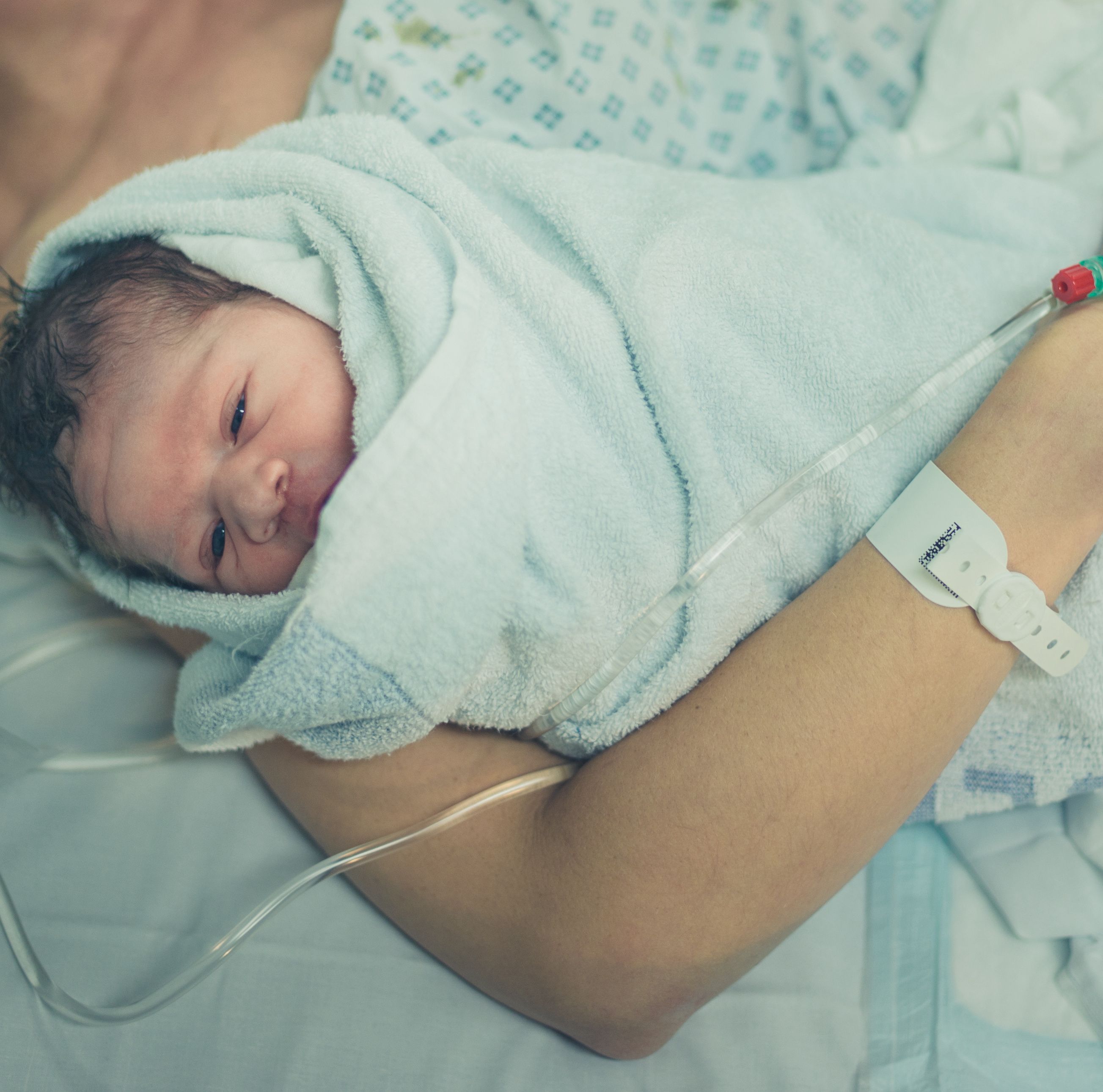Midwives Implement Screening Practices for Postpartum Depression More Than Practitioners
Because early detection of PPD is crucial and its prevalence is growing in the US, the condition poses significant risks to both maternal and neonatal health.
Credit: Adobe Stock

A recent study found women who received care from midwives during pregnancy had a significantly higher likelihood of being screened for postpartum depression (PPD) compared with those cared for by obstetricians.1
Because early detection of PPD is crucial and its prevalence is growing in the US, the study suggested the condition poses significant risks to both maternal and neonatal health. Numerous organizations, including the American College of Obstetricians and Gynecologists (ACOG) acknowledged the importance of screening and have recommended it be universal.2
For this study, investigators led by Althea Bourdeau, MPH, School of Public Health, University of California, Berkeley, sought to evaluate how this recommendation has been put into practice in California by examing a state-representative study.1
The team aimed to explore the association between the type of maternity care provider and the likelihood of postpartum depression screening, as well as the impact of self-reported depression or anxiety during pregnancy on postpartum care attendance.
Comparing PPD Screening Rates Among Practitioners
The investigation used a cross-sectional, weighted, state-representative design, focusing on California residents who gave birth in 2016. The data were derived from the Listening to Mothers in California 2018 data set.
As the primary exposure variable investigators examined the type of maternity care professional who provided care during pregnancy. Bivariate analyses were performed using Rao-Scott chi-square tests, while multivariate analyses employed logistic regression.
The main outcome variable was the screening for PPD. Additionally, the study considered self-reported depression or anxiety during pregnancy as a secondary exposure and attending a postpartum office visit as a secondary outcome.
The Implementation of PPD Screening
The study findings showed the type of maternity care provider significantly impacted PPD screening rates. Those cared for by midwives had 2.6 times the odds of being screened for PPD compared with those cared for by obstetricians (95% CI, 1.5, 4.4).
However, the study stated no significant association was observed between postpartum depression screening rates and receiving care from other types of practitioners compared with obstetricians.
In regards to self-reported depression or anxiety during pregnancy, the results indicated an association of 0.7 times the odds of returning for postpartum care after controlling for covariates (95% CI, 0.5, 1.0). This suggested women who reported depression or anxiety during pregnancy were less likely to attend postpartum care visits, indicating a potential gap in their support and follow-up.
The results highlighted the importance of provider care in determining PPD screening. Women who received care from midwives during pregnancy had a significantly higher likelihood of being screened for PPD compared with those cared for by obstetricians.
Investigators acknowledged the limitations of relying solely on universal screening for PPD. While it is a crucial tool, there remains a vulnerable segment of the population at higher risk for postpartum depression, according to the study, and those patients are less likely to return for postpartum care.
The need for a comprehensive approach that includes targeted interventions and enhanced follow-up measures for high-risk individuals to ensure their mental health needs are adequately addressed, according to the team.
"Improving depression and anxiety screening during pregnancy could help identify these patients, who would benefit from public health programs that bring PPD screening and care directly to them," they wrote. "In addition, telehealth has grown in prominence in the last several years and may provide an important opportunity for screening and follow-up of high-risk patients who would otherwise avoid healthcare."
References:
- Bourdeau, AI, Harley, KG, Nguyen, A-M. Association between maternity care practitioner type and postpartum depression screening. Birth. 2023; 00: 1- 12. doi:10.1111/birt.12735
- Walter K. USPSTF Announces New Guidance for Depression, Anxiety Screenings. HCPLive. June 20, 2023. https://www.hcplive.com/view/uspstf-announces-new-guidance-depression-anxiety-screenings